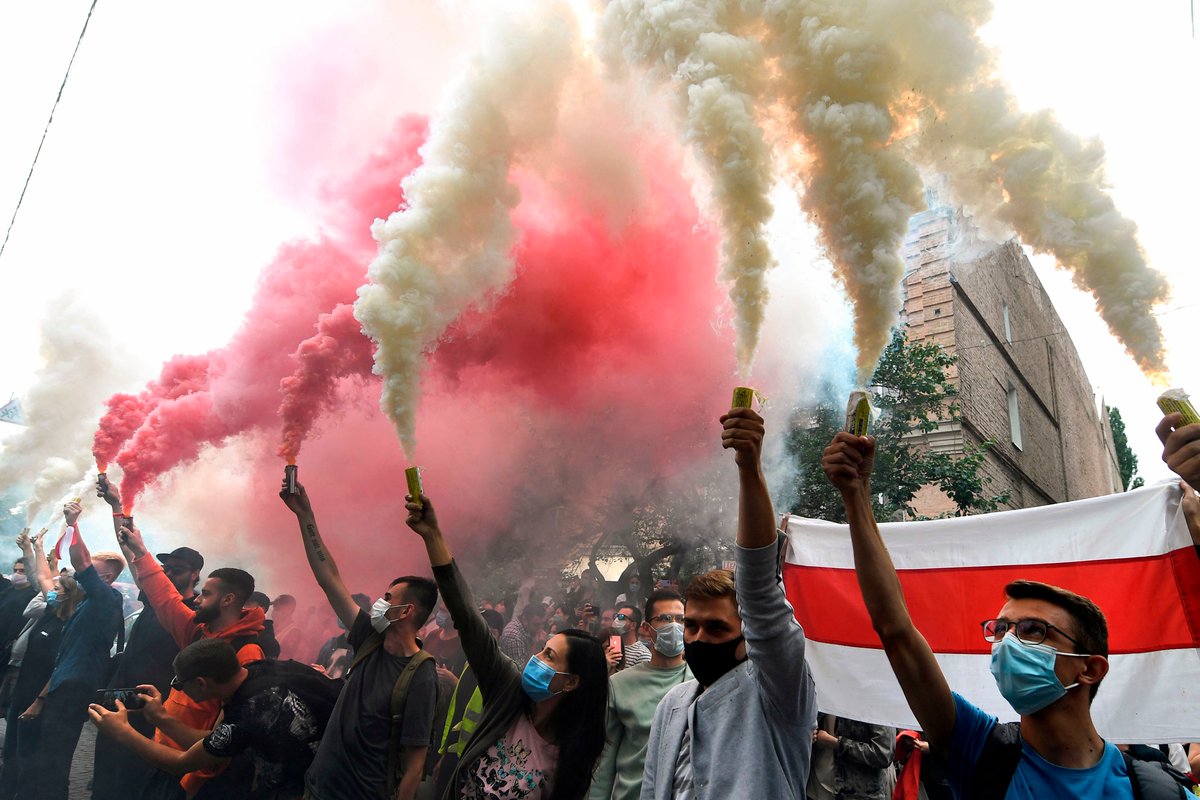
The magazine for global politics, economics, and ideas | Sign up for our newsletters: https://t.co/vasoTyHsYj
4 subscribers
How to get URL link on X (Twitter) App


 Q: What are the defining issues of this election?
Q: What are the defining issues of this election?
 2/ In his visit to Moscow on Feb. 22, top Chinese diplomat Wang Yi called the China-Russia alliance “as stable as Mount Tai,” signaling to onlookers that China will not shy away from closer ties to Russia.
2/ In his visit to Moscow on Feb. 22, top Chinese diplomat Wang Yi called the China-Russia alliance “as stable as Mount Tai,” signaling to onlookers that China will not shy away from closer ties to Russia.
 FP’s @ravireports: How do you respond to criticisms stating the IRA or the CHIPS Act may signal unfair competition?
FP’s @ravireports: How do you respond to criticisms stating the IRA or the CHIPS Act may signal unfair competition?

 .@USAmbUN Linda Thomas-Greenfield: What Russia is doing in Ukraine "constitutes war crimes. We have to absolutely continue to expose what they're doing and hold them accountable."
.@USAmbUN Linda Thomas-Greenfield: What Russia is doing in Ukraine "constitutes war crimes. We have to absolutely continue to expose what they're doing and hold them accountable."


 2/ Russia’s invasion of Ukraine has had a historic impact on geopolitics, writes FP's @RaviReports in an Editor’s Note. Yet no matter how tough the rest of the world’s sanctions on Russia get, without China they are not close to being watertight.
2/ Russia’s invasion of Ukraine has had a historic impact on geopolitics, writes FP's @RaviReports in an Editor’s Note. Yet no matter how tough the rest of the world’s sanctions on Russia get, without China they are not close to being watertight.
 2/ One year ago, FP contributor @StefanishynaO argued that to avoid the mistakes of the past, NATO should change its geopolitical grammar.
2/ One year ago, FP contributor @StefanishynaO argued that to avoid the mistakes of the past, NATO should change its geopolitical grammar.


 2/ We brought together 10 prominent thinkers to share their ideas on how to reform the workings of democracy, defend it against threats, and ensure it better serves the people it governs.
2/ We brought together 10 prominent thinkers to share their ideas on how to reform the workings of democracy, defend it against threats, and ensure it better serves the people it governs.
 Democracy in its current form may not actually be giving people power. @landemore argues we should build new models of democratic decision-making and nudge the old ones aside.
Democracy in its current form may not actually be giving people power. @landemore argues we should build new models of democratic decision-making and nudge the old ones aside. 
 2/ Last fall, @YashicaDutt reviewed Isabel Wilkerson’s “Caste: The Origins of Our Discontents,” a book about racial hierarchies in the United States—arguing it overlooks the notably similar system in India.
2/ Last fall, @YashicaDutt reviewed Isabel Wilkerson’s “Caste: The Origins of Our Discontents,” a book about racial hierarchies in the United States—arguing it overlooks the notably similar system in India.
 On Monday, the Belarusian Central Election Commission declared that Lukashenko had won with over 80 percent of the vote. But exit polls conducted in Belarusian Embassies around the globe indicated completely different results. [2/7]
On Monday, the Belarusian Central Election Commission declared that Lukashenko had won with over 80 percent of the vote. But exit polls conducted in Belarusian Embassies around the globe indicated completely different results. [2/7]